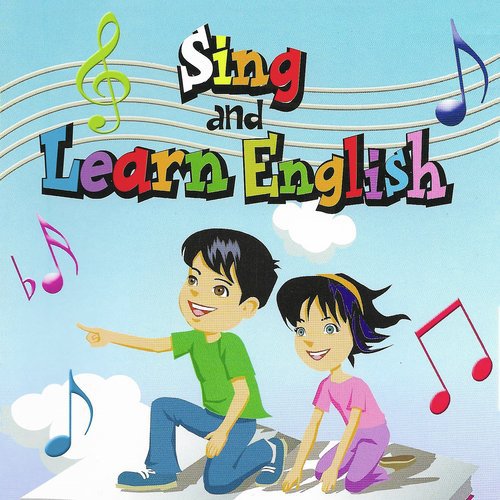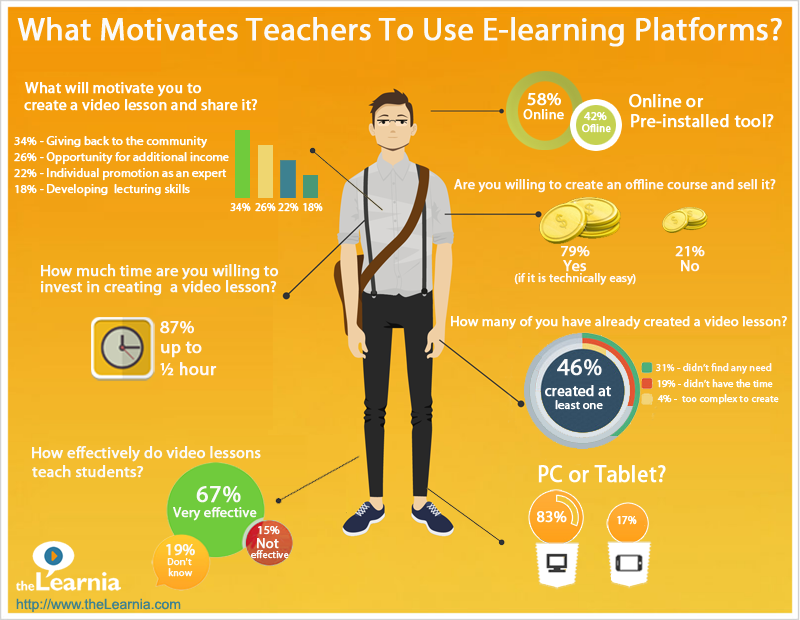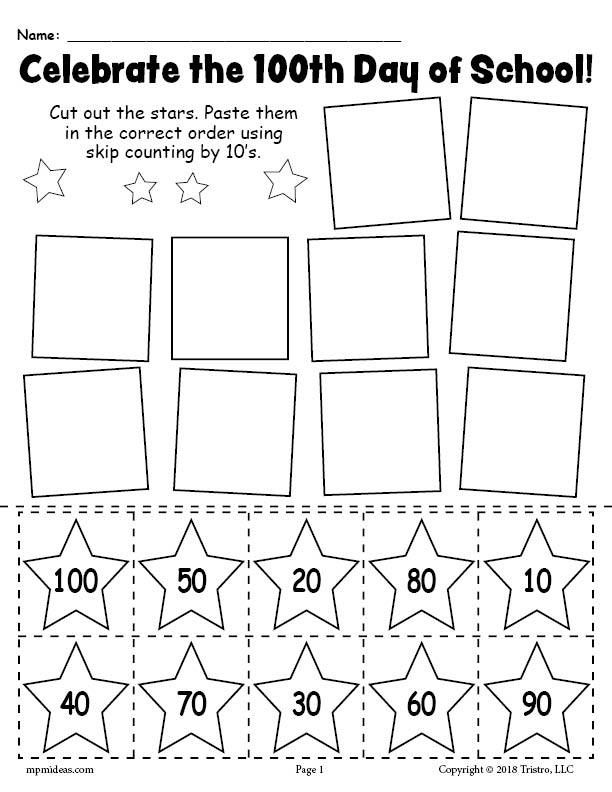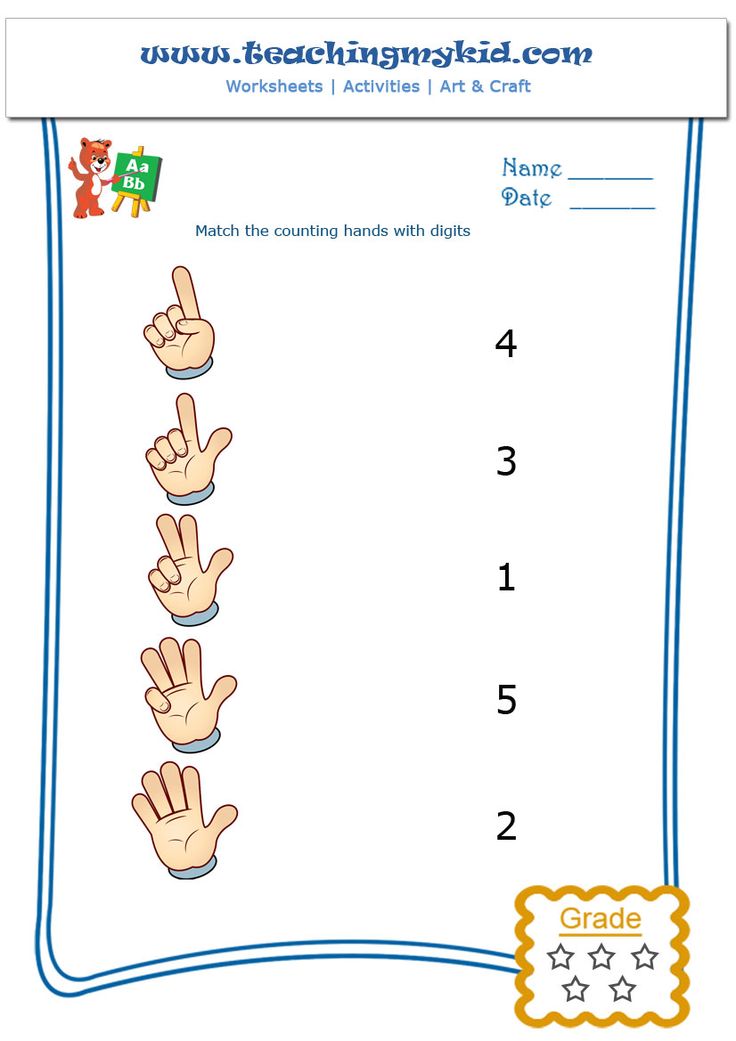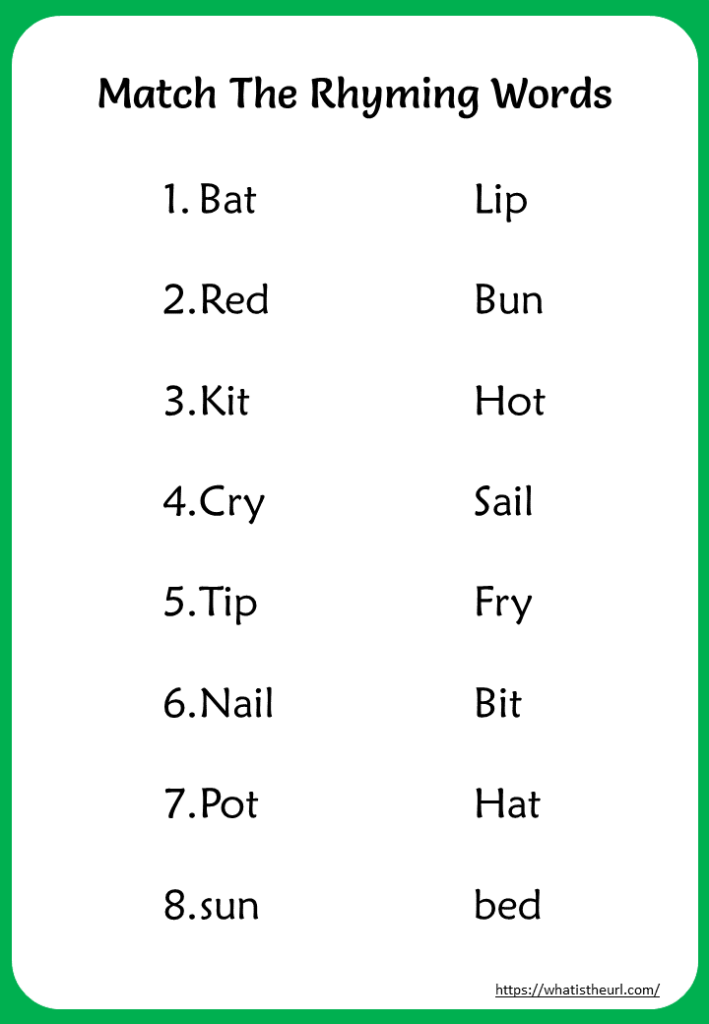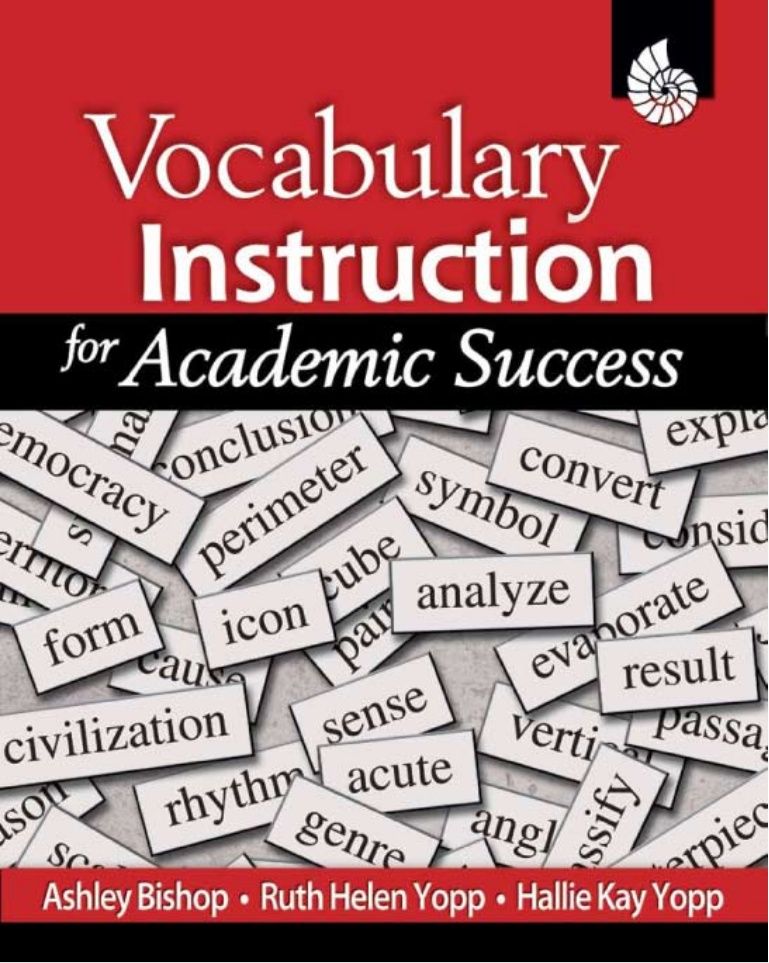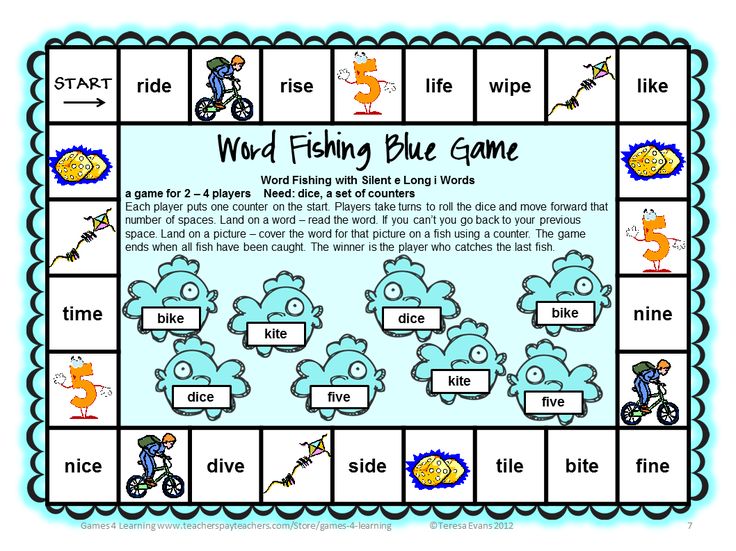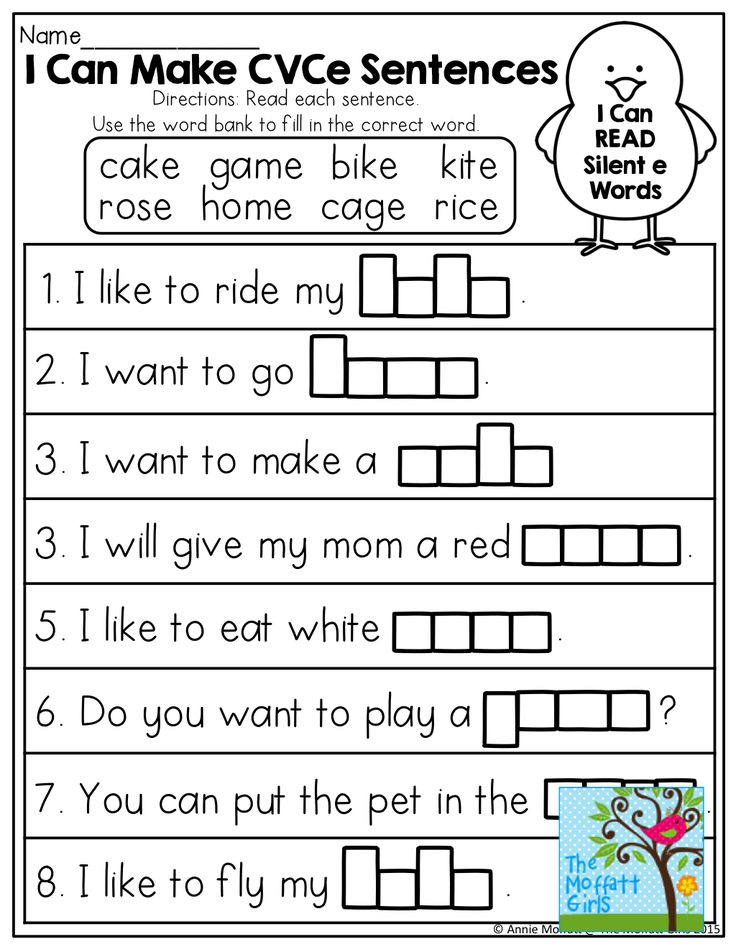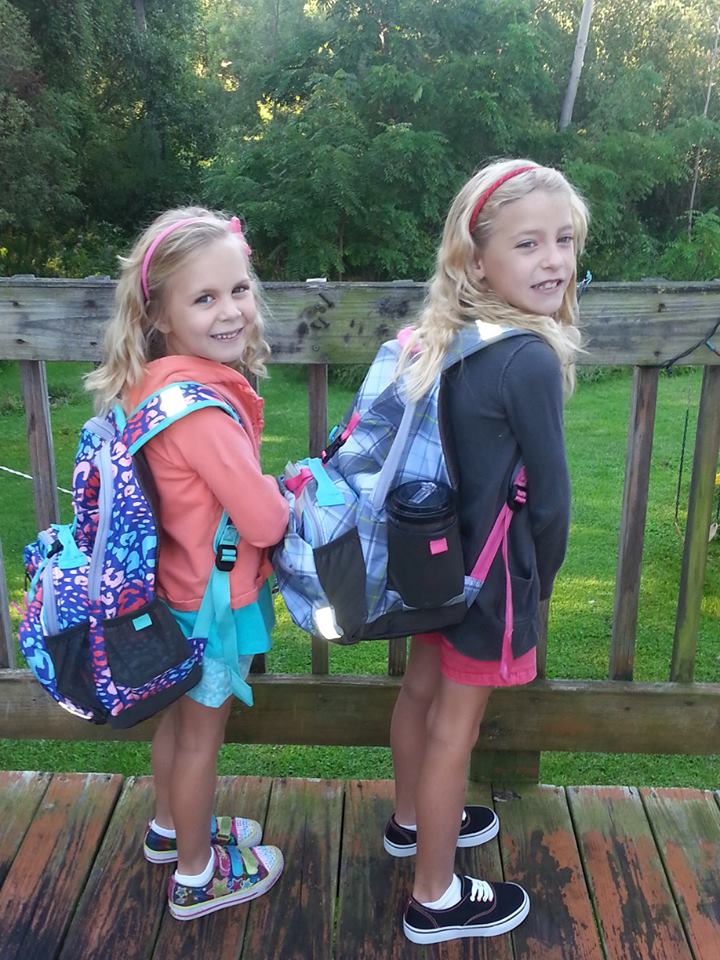Listen and learn music
Music Therapy Songs and Early Childhood Resources from Listen & Learn Music
Feb 16, 2022
For the last few years, I’ve viewed Facebook as a necessary evil. It’s an easy way to update my friends and family and vice versa. I belong to a number of personal and professional groups, including a fitness accountability group that I post in daily. I have pages for my business, and rely on other pages for info about my kids’ extracurricular activities.
But over the last few months, scrolling my Facebook feed has become an increasingly negative experience. I’m not even talking about political posts and arguments in the comment sections. What I mean is that consuming bit and pieces of other peoples’ lives has led me to question my own career, social life, accomplishments…everything. I found myself constantly living in comparison mode, and the worse it got, the more addicted to scrolling I became.
read more…
Feb 15, 2022
This semester, I’m in pre-practicum for my mental health counseling degree, and the focus for our clinical sessions is on listening, being in the moment, and reflection of feelings. I am trying to carry my intention of being PRESENT into every aspect of my life, and while it’s not always easy, I’m proud of my progress.
Part of that has been cutting way back on my social media consumption (more about that in this blog post), which has resulted in having more time to get ahead on both my schoolwork and work-work :) The latter includes a new session plan, which drops today!
read more…
Jan 24, 2022
How is the new year going for you? If it’s anything like mine, it’s probably been a little (or a lot)…bumpy. COVID-19 is raging once again, which has posed issues for my private practice, children’s school, and just about every other area of life. It’s beyond frustrating, and I know for some, this resurgence has been devastating. If you are in that position, my heart is with you. There has to be some light at the end of this tunnel, right?
Pandemic or not, monthly session plans continue on—next up, for the month of February. I’ve already been using quite a few of these songs (including the companion hello/goodbye songs, which I wrote on the spot during a telehealth music therapy session last week) throughout January, and will probably still be singing them in March, too :)
I’ve already been using quite a few of these songs (including the companion hello/goodbye songs, which I wrote on the spot during a telehealth music therapy session last week) throughout January, and will probably still be singing them in March, too :)
read more…
Dec 29, 2021
Where oh where do I begin? I’ve sat down to write this post at least 4 times throughout the past week, and the words just haven’t come. 2021 has been…something, and it isn’t going out without a fight. Here we are, just 3 days away from 2022, and COVID-19 is raging yet again, leaving us to hibernate at home like we’ve done so often over the last almost 2 years.
My word for 2021 was EMPOWERED. I was ready to have more control over my life after spending most of 2020 having barely any whatsoever, and overall, I think I lived this word well. Most notably, I took control of my future by diving head-first into a full-time graduate program, working towards a master’s degree in clinical mental health counseling.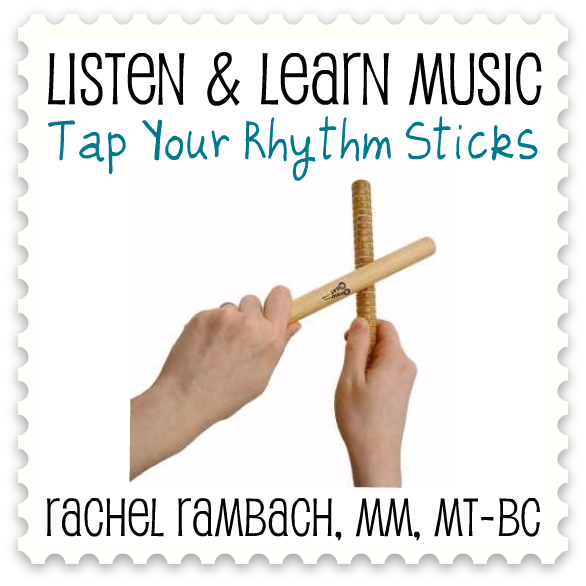
read more…
Dec 16, 2021
I don’t know about you, but it’s right around this time every year that my creative energy and brain power start to lose steam, and all I really want to do is eat delicious treats while watching Christmas movies. It’s especially true this year, having just wrapped up the first semester of my counseling master’s program (finals are no joke!).
But alas, there is still work to be done. I’ll be leading classes and providing music therapy until Wednesday of next week, at which point I’ll take a highly anticipated break until the start of the new year. Speaking of, it’s time to share the first monthly session plan of 2022!
read more…
Nov 22, 2021
It’s that time! I’ve been doing Thanksgiving Week sales here at Listen & Learn Music for a decade now, but this year, I wanted to step up my game for you.
Now through November 30th, get 50% off EVERYTHING in the L&L store (including song packs, books, and courses) AND with every purchase, you’ll receive my free 6-song pack, “Feeling 2022”, which includes the mp3, instrumental track, lyrics, chords, and facilitation guide for 6 songs to lead us into the new year.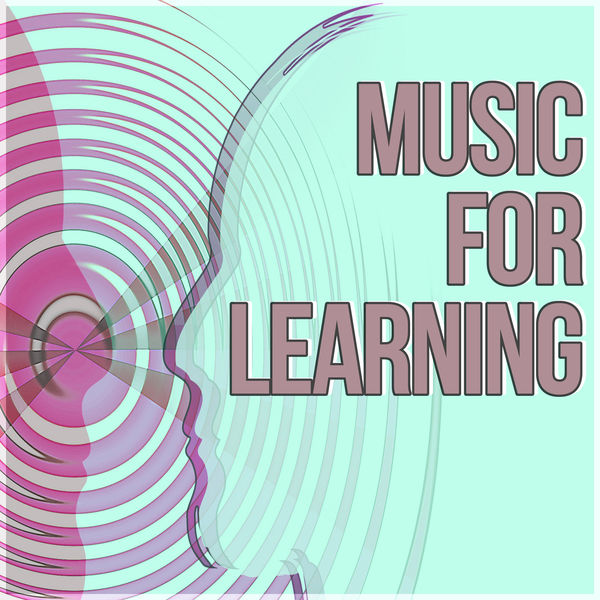
read more…
Oct 16, 2021
I have to say, I am very excited for Thanksgiving. Pretty much all the holidays in 2020 were a huge bummer, but now that my family is vaccinated (and hopefully the kids will be soon, too!), we are looking forward to spending Thanksgiving and Christmas together this year.
I know we still have plenty of time — I didn’t forget about, you Halloween — but putting together the November session plan had me thinking a few weeks ahead. It’s been so much fun pulling out all of my fall favorites for my music therapy sessions and classes (especially the in-person ones that I missed so much last year), and I’m pumped to see “Turkey Dinner Dance” and other Thanksgiving songs in action soon.
read more…
Oct 14, 2021
Back in August, my friend told me that she was going back to school for her PhD in speech-language pathology. I have a lot in common with this friend: we both have two kids (our boys play competitive travel soccer together), busy careers, and full social lives.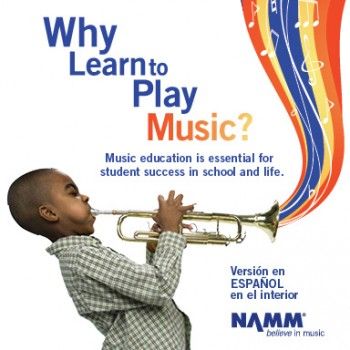
So when she shared this news with me, the first words out of my mouth were, “Oh wow, I could never do that.”
I’ve been saying that for years. I went straight to graduate school after finishing undergrad, so the only life I knew was student life. That served me well, and helped me stay focused as I earned my master’s degree in music therapy. My mom went back to school for her doctorate shortly after turning 50, and I was just in awe of her ability to do so. I couldn’t imagine the rigorous schedule and responsibilities of being a student ON TOP OF regular life.
After that conversation with my friend, though, I rethought my words. Why couldn’t I do it? School was my thing; the only B I ever got — like, literally ever — was in a dance class my freshman year of college, and I’m still not over it. (Kidding, kind of.) I love to learn, and I had been feeling the itch for professional growth over the last year or so.
A few days later, I found myself googling “counseling programs” and taking copious notes. Wait, what? Did I want to become a counselor? Apparently, yes I did.
Wait, what? Did I want to become a counselor? Apparently, yes I did.
read more…
Sep 30, 2021
Turns out that if you enroll in a full-time graduate program and take on a new telehealth contract ON TOP of everything else you already have going on, the days and weeks suddenly speed up and disappear before your eyes. That’s how my fall is going so far…how about you?
Truth be told, this *very* full schedule isn’t actually as stressful as I thought it would be. Having so many things on my plate has caused me to find a space for EVERYTHING on my calendar, and since there are no hours (or minutes, lol) to spare, I simply don’t have the option to procrastinate. It’s working well so far, and hopefully will continue to, since this is my life for the foreseeable future.
If your plate is just as full as mine, hopefully I can help give you back some of the time you might otherwise spend planning for your music therapy sessions, circle time, or classroom music.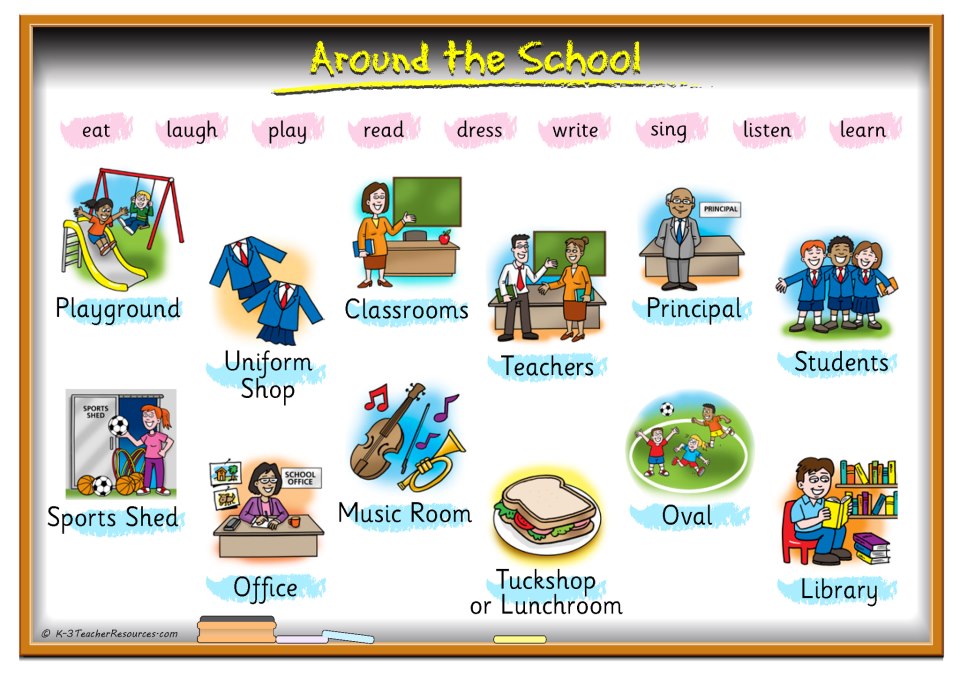 That was my whole reason for creating monthly session plans in the first place, and why I’ve continued to do so for 3+ years!
That was my whole reason for creating monthly session plans in the first place, and why I’ve continued to do so for 3+ years!
read more…
Jun 25, 2021
This (several years old) photo is a pretty accurate depiction of how I often feel during the summer: hot, tired, and conquered by my kids. That’s never been more true than this summer in particular.
Their completely packed schedules — tennis, swim team, art class, yoga camp, tutoring — are a product of my own making; in my excitement to resume mostly normal life, I forgot that I should also probably factor in some recovery time.
We’ve been in “go mode” since school ended in May, but professionally, I’ve felt pretty stagnant. And while I’ve only been a parent for 8 years, I’ve been experiencing this summer slump every year since I first started my career in 2007. Maybe it’s because I work mostly with children, and these summer months are typically lighter in terms of my workload, but I still have businesses to run and tasks to be completed.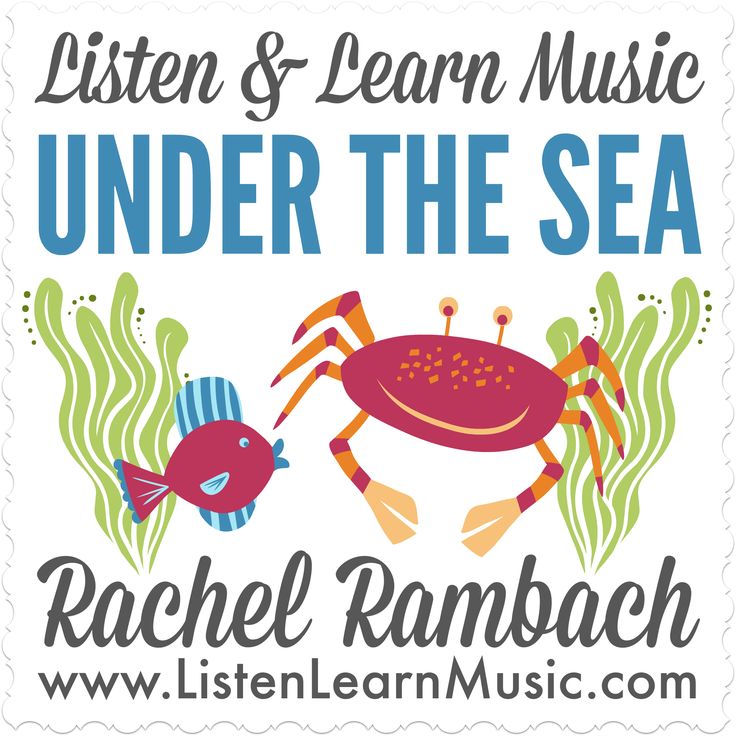
As is typical for me during the summer, the essential things always get done. And while I usually ride out this slump and get back at it when fall comes knocking, this time around had me feeling restless. I needed…a spark.
read more…
Songs Archives - Listen & Learn Music
by Rachel | Feb 25, 2021
Did you know that this Saturday, February 27 is National Polar Bear Day?! I didn’t either, until I saw it posted on Instagram, including a mention of my original “Polar Bear” song. Of course, I couldn’t miss this opportunity to celebrate these beloved creatures AND share one of the most popular songs in my entire collection.
(more…)
by Rachel | Nov 15, 2020
As we head into the holiday season, I’m thinking about all the families who won’t be spending special days together or partaking in the usual traditions. I’m thinking about how I won’t be eating Thanksgiving dinner with my parents, and how my children will open their presents with their grandparents watching over Zoom.
And of course, I’m thinking about how I won’t be able to enjoy singing all my favorite songs in person with my students and clients. November and December are, in my opinion, the most fun months of the year musically, because the excitement of the holidays is heightened with the addition of thematic songs and activities.
While we’ll get some of that through our virtual classes and sessions, it won’t be the same. This year is about doing the best we can, knowing that next year’s festivities will be all that much sweeter. I’m hopeful that the songs in this month’s session plan can bring you, your students, and clients some comfort and joy.
(more…)
by Rachel | Oct 30, 2020
Coping skills are so important at any age, and our emotions play a huge role in this. Identifying what we are feeling, how to express those feelings, and what to do about them is necessary throughout life, but can be quite difficult. Even fully developed adults can struggle with this.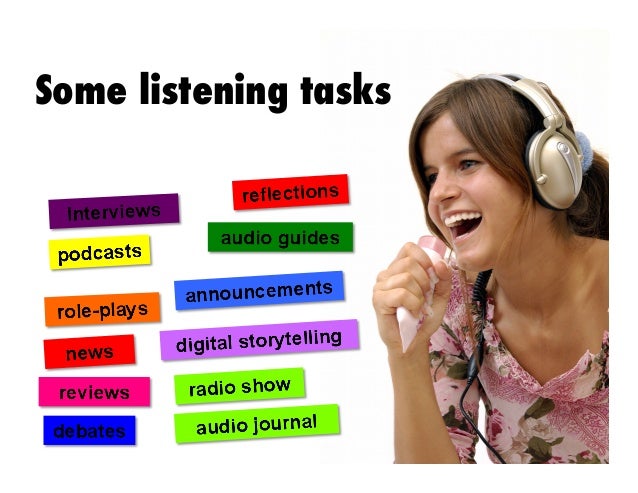
While adults take on the stresses of everyday life during COVID-19, we sometimes may forget that children are impacted, too. These kids have had a huge shift in their everyday lives: attending school remotely, not being able to see their friends, wearing a mask, and keeping distance from everyone they see. Children have a lot of feelings, and learning how to process and express these feelings comes with their developmental milestones that they maybe haven’t achieved yet.
So, especially in today’s world, how can we use music to help children process and express their emotions, furthering their ability to develop healthy coping skills? Let’s take a look at a few songs that may help.
(more…)
by Rachel | Sep 21, 2020
It’s definitely feeling like fall here in central Illinois, even before the new season has officially arrived. Typically we’re still experiencing summer weather late into September, but this past weekend was perfect for long sleeves, pumpkin patch visits, and fire pits.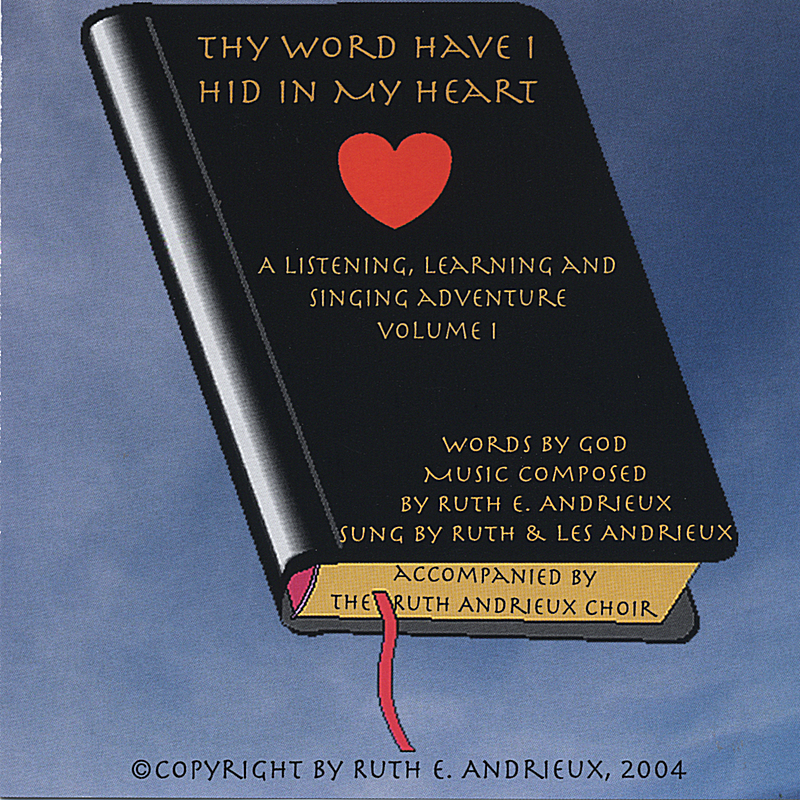
Each year, I fine-tune my seasonal repertoire both by writing new songs AND retooling older ones. I’ve spent most of this month getting my fall arsenal of songs ready, and today I’m sharing a round-up of 7 autumnal favorites.
These songs address a variety of goal areas in addition to focusing on the fall season — you should know by now that most of my songs are multitaskers ;)
(more…)
by Rachel | Sep 11, 2020
And what a summer it was. The year 2020 has been anything but normal, and that applies to my favorite season, as well. Between having my kids home with me 24/7, not traveling at all, and only providing services virtually, it was a…unique experience.
That said, we did all we could to make the best of it. Things like swimming as much as we could (my daughter learned how to swim without floaties this summer!), grilling out several nights each week, spending time with our neighbors, trying new art projects, and taking long bike rides helped keep us busy and for the most part, happy.
And even though it wasn’t my ideal summer, it was still bittersweet to (unofficially) say goodbye to it as Labor Day weekend ended. The weather has already cooled way down and my kids are planning their Halloween costumes; there is no mistaking that fall is upon us.
(more…)
Victory Day
Information about the educational organizationAdditional informationTeachers' pagesAuthorizationPassword Remember me
|
| Competitions. EventsNavigator of additional education
Hot line
Krasnoyarsk education quality standard
VFSK GTO
| ||||||
Learning to listen to music - Vocal at a music school, Irina Anishchenko's blog
Music is an ocean of passions and emotions.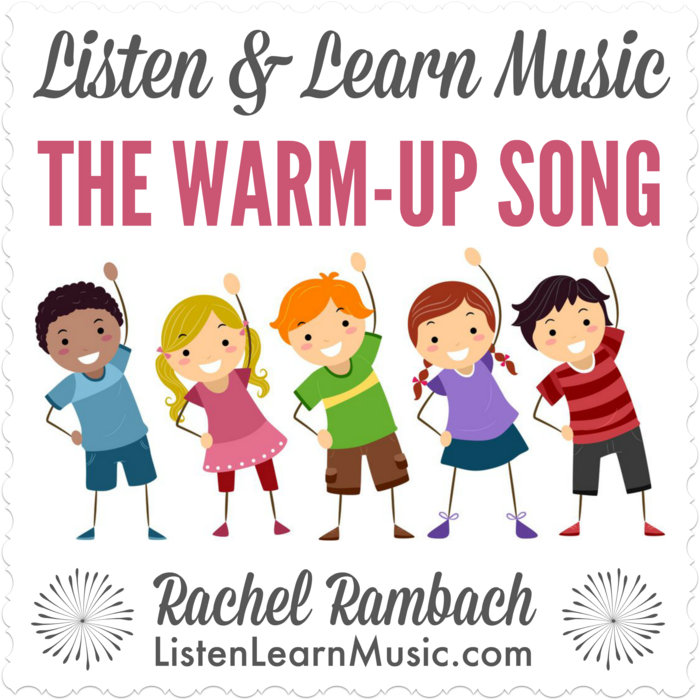 The music is wonderful and amazing!
The music is wonderful and amazing!
Imagine for a moment: the music is gone! And the life of people immediately became ordinary and gray.
The influence of music on a person cannot be overestimated. Music dominates and conquers people.
Music is always with us, both in joy and in sorrow. Sometimes it is impossible to convey feelings and emotions in words, and then music comes. She is stronger than any words.
But sometimes there is a lot of music in our life, it sounds everywhere and becomes just a background.
And then you need to remember that music is born in silence, and learn to hear the music of silence: raindrops, the rustle of leaves, the singing of birds or the awakening of dawn.
The musical world knows no boundaries, it embraces all historical epochs and different strata of society. Each nation has its own musical traditions and its folk origins. Thanks to the diverse music of different eras and peoples, modern man becomes richer inwardly.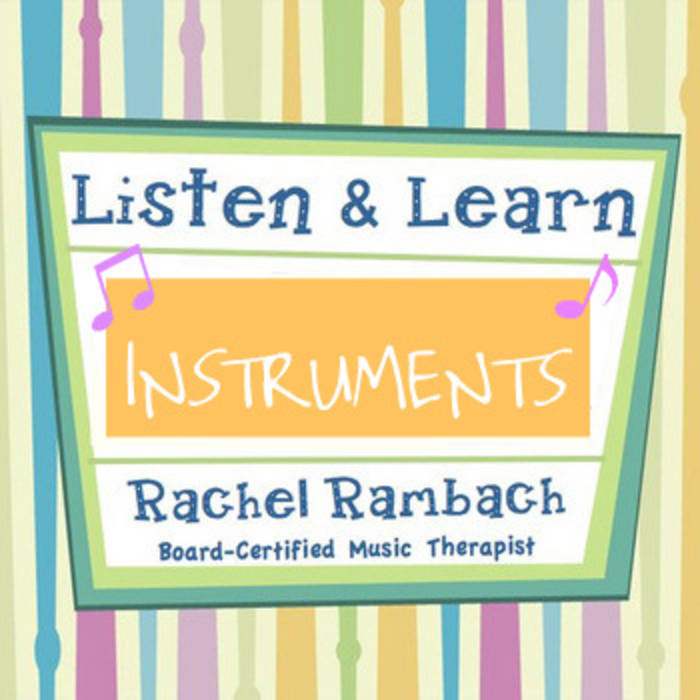
We listen to and admire classical music that does not fade in the modern world: the music of Bach and Mozart, Vivaldi and Tchaikovsky does not lose its beauty and relevance. Each time, listening to the classics, we are convinced that their feelings and thoughts are in tune with our aspirations and our experiences, and we understand that classical music does not age, it captivates and captures our hearts and our souls.
And to the question of what kind of music a person needs, one can definitely answer: good! We need both serious music - symphonies, operas, and light music - pop songs or dance melodies.
The main thing is that the feelings and aspirations of a person should be reflected in the music.
But to enjoy the classics, you need to learn to listen to and understand music. That is, a certain inner preparation is needed in order to feel the beauty of music, the harmony and the richness of complex harmonies. Therefore, it is necessary to listen to classical music constantly and accustom yourself to comprehending quality music.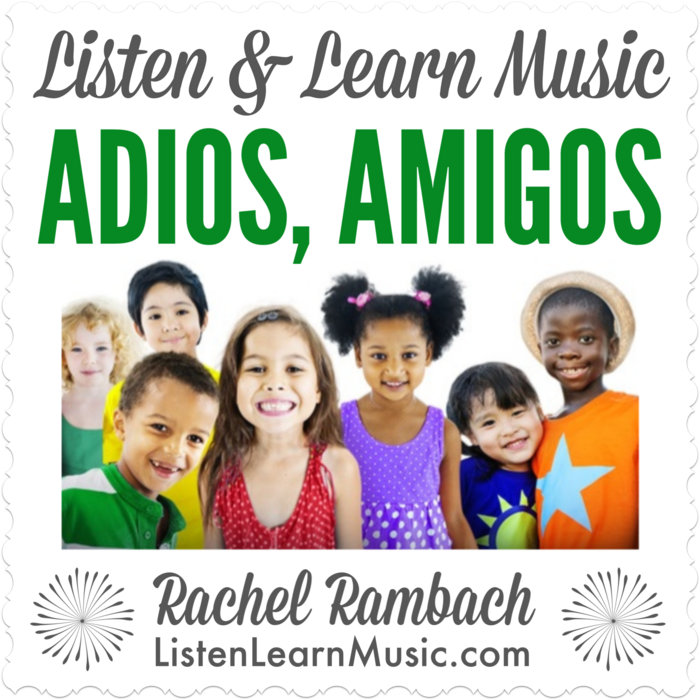
You may have to listen to the work several times, delving into the meaning and getting used to the sound. And gradually obscurity and randomness will gain clarity and logic. Gradually moving from a work that is easy to perceive to a complex work, you can develop your ear and learn to listen and hear music.
As a child who has learned to read expands his horizons and comprehends the knowledge contained in printed publications, so the listener gradually masters the ability to listen to music.
To understand the meaning of a work, one must realize that music is different from other forms of art. Music appeals to the feelings and moods of the listeners. Its expressive means are not as visual as in cinema, theater, painting, and reflect reality in a different way than other forms of art. The composer turns his moods, feelings, thoughts, vision of the world into sounds and musical notation. And the performer reproduces musical signs, turns them into a world of musical images and awakens certain thoughts and feelings in the listener.
Music with great power conveys moods of joy or grief, jubilation or drama, which, at times, are difficult to convey in words. Music with the help of musical images transmits and reproduces pictures of the outside world. In Glinka's "A Passing Song" we hear the movement of a train, in Alyabyev's romance - the singing of a nightingale, in Tchaikovsky's play "On the Troika" - the chime of bells. In music, we can imagine movement - approaching and receding. This is transmitted with the help of dynamics - intensifying, and then fading. We can recognize light, joyful tones in music, sadness, sadness or anxiety, grandiosity, power or fabulousness of images.
However, music is not as concrete as, for example, painting. Music conveys the state of mind, feelings and emotions. When the same work is played, the listeners will have different visual associations, but the mood of perception will be the same for everyone. Especially when listening to instrumental music that does not have a specific name. This is the beauty of music: it develops our imagination and turns the listener into an active participant in the creative process.
This is the beauty of music: it develops our imagination and turns the listener into an active participant in the creative process.
Constant listening to classical music also develops musical memory and hearing, attention, imagination and thinking. First you need to learn to define a song, dance, march; character and tempo, the form of the work, dynamics. Over time, emotional responsiveness to music deepens and meaningful perception appears. A prerequisite for the development of meaningful perception is the concentration of auditory attention - not to be distracted by anything, to think only about the sounding work. And then you can feel and comprehend the piece of music.
There is an expression - "music is born in silence". Silence is a necessary condition in order to concentrate on listening to a piece of music.
The second condition is high-quality performance of the work and high-quality sound-reproducing equipment.
It would also be nice to follow the sounding music by the musical text while listening.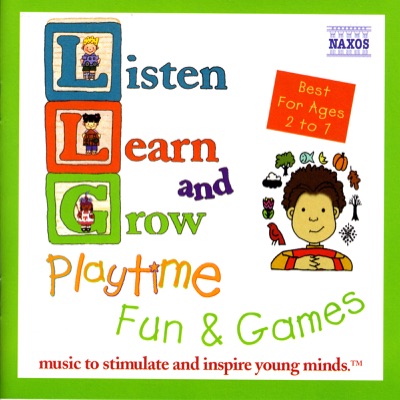

 Many parents believe that it is better to receive music education at a music school. To some extent, they are right: the child will learn to play and hear music professionally. But this is not the only way to introduce a child to music. It is very good when at the first stages of perception of music a person close to him becomes an assistant. If a child listens to music alone, then he may be distracted. But if a child listens to this music together with his parents, then he expresses his emotions, rejoices.
Many parents believe that it is better to receive music education at a music school. To some extent, they are right: the child will learn to play and hear music professionally. But this is not the only way to introduce a child to music. It is very good when at the first stages of perception of music a person close to him becomes an assistant. If a child listens to music alone, then he may be distracted. But if a child listens to this music together with his parents, then he expresses his emotions, rejoices.  Only on masterpieces can one cultivate the taste of little listeners. Children should know folk music, which is closely connected with the language, aesthetic and folk traditions, customs, spiritual culture of the people.
Only on masterpieces can one cultivate the taste of little listeners. Children should know folk music, which is closely connected with the language, aesthetic and folk traditions, customs, spiritual culture of the people. 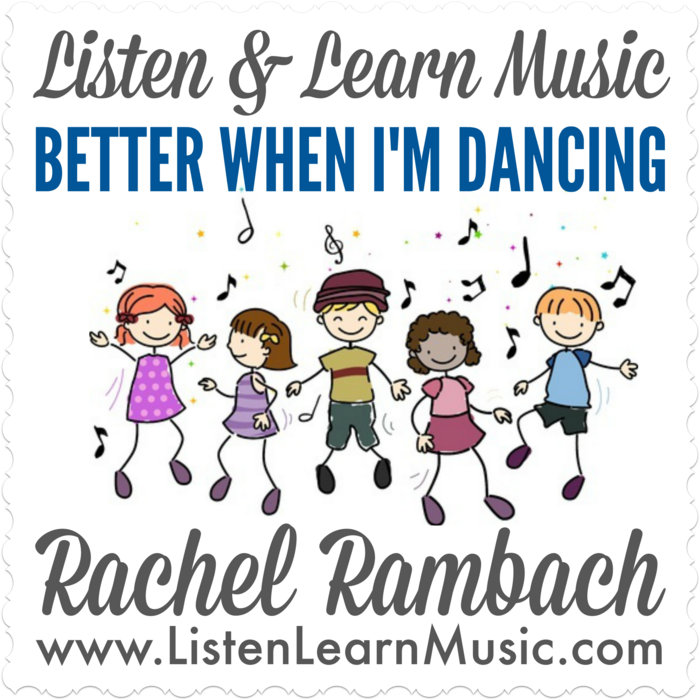
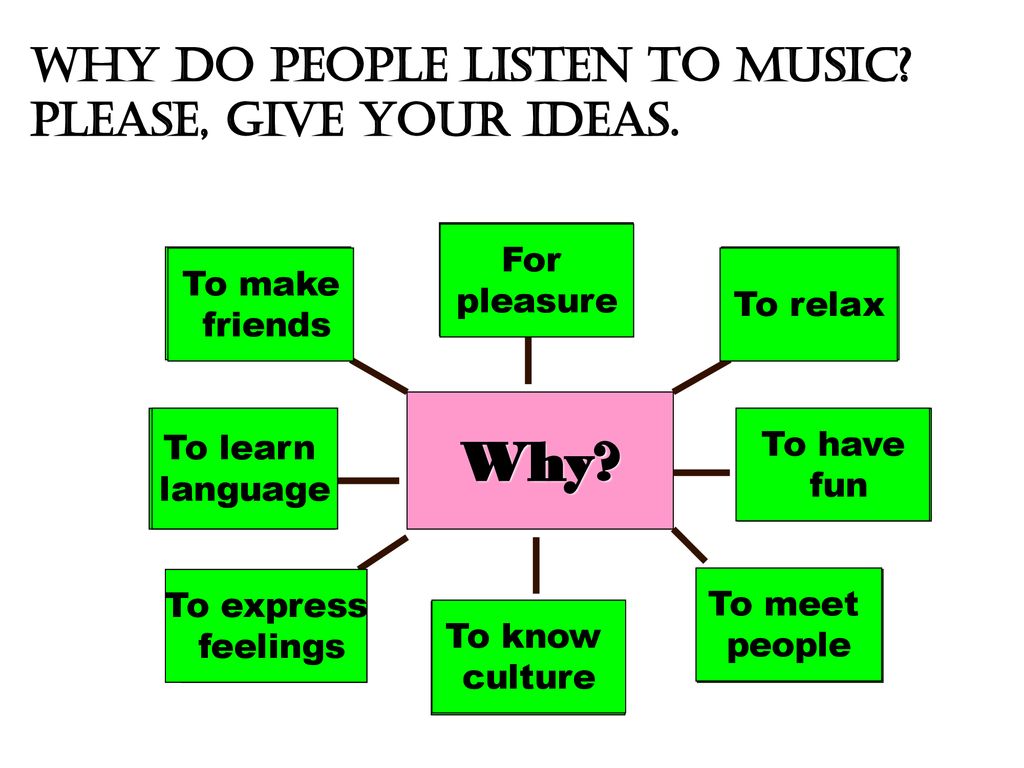 Other composers have similar music albums addressed to young listeners.
Other composers have similar music albums addressed to young listeners.  The more often you listen to already familiar works, the more and more you like them each time. But always listen to music attentively, without being distracted, thoughtfully. It is important to monitor not only the change in dynamic shades, but also the pitch of sounds, the speed of their change. One must learn to enjoy the colorful musical waterfall and be able to subtly distinguish each crystal stream. Learn to compare them, admire them. Feel what kind of order exists in music: sounds cannot sound “anyhow, as they please.”
The more often you listen to already familiar works, the more and more you like them each time. But always listen to music attentively, without being distracted, thoughtfully. It is important to monitor not only the change in dynamic shades, but also the pitch of sounds, the speed of their change. One must learn to enjoy the colorful musical waterfall and be able to subtly distinguish each crystal stream. Learn to compare them, admire them. Feel what kind of order exists in music: sounds cannot sound “anyhow, as they please.” 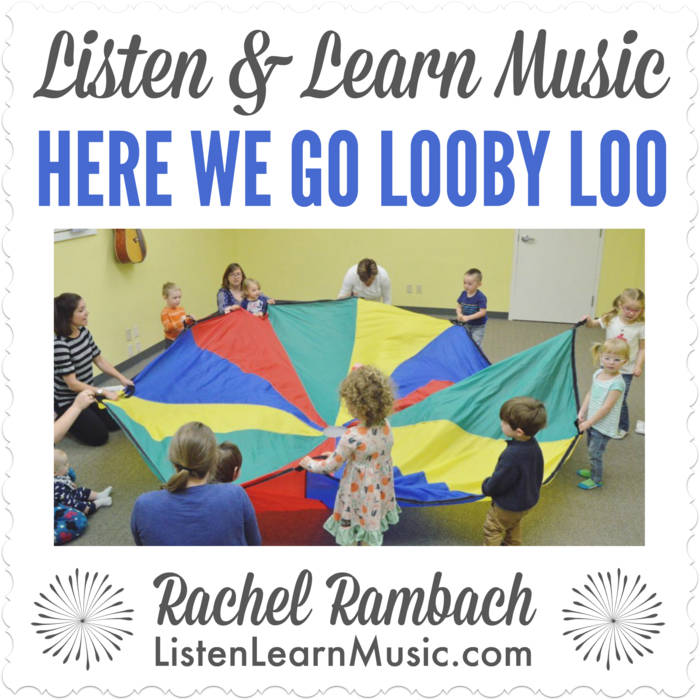 Everything experienced seems to come alive in sounds. You need to tune in to this, try to understand the essence of the work. Of course, before a concert or opera performance, it is very good to have an idea about the music that will sound. To understand the work, to learn about it and its author, it is useful to listen to recordings in advance, read books. If, for example, there is a meeting with the opera, it is very important to get acquainted with the verbal text of the opera - the libretto: after all, it is very important to know and understand what the artists are singing about.
Everything experienced seems to come alive in sounds. You need to tune in to this, try to understand the essence of the work. Of course, before a concert or opera performance, it is very good to have an idea about the music that will sound. To understand the work, to learn about it and its author, it is useful to listen to recordings in advance, read books. If, for example, there is a meeting with the opera, it is very important to get acquainted with the verbal text of the opera - the libretto: after all, it is very important to know and understand what the artists are singing about.  Older children enjoy painting to music. It is necessary to strive in every possible way, to activate and encourage the child's imagination when perceiving music
Older children enjoy painting to music. It is necessary to strive in every possible way, to activate and encourage the child's imagination when perceiving music  Debussy. "Clouds".
Debussy. "Clouds". 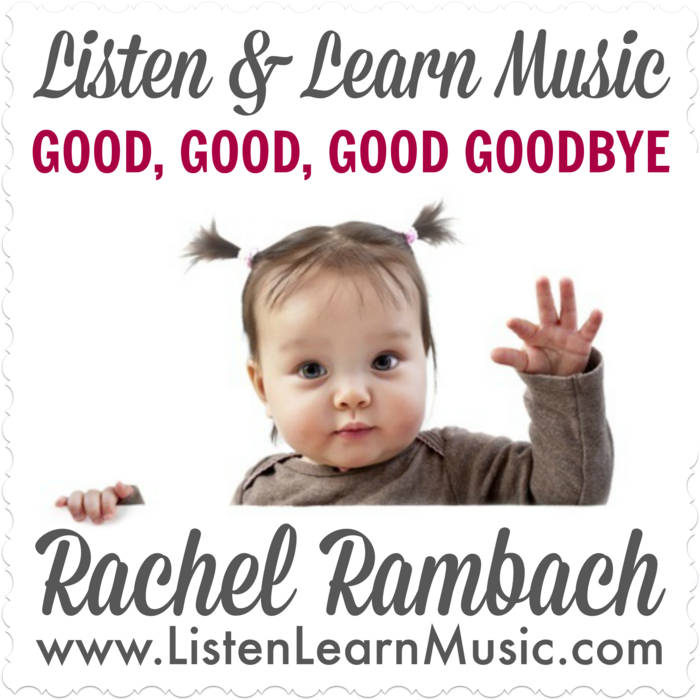 I. Tchaikovsky. "Sixth Symphony", 3rd movement.
I. Tchaikovsky. "Sixth Symphony", 3rd movement. 